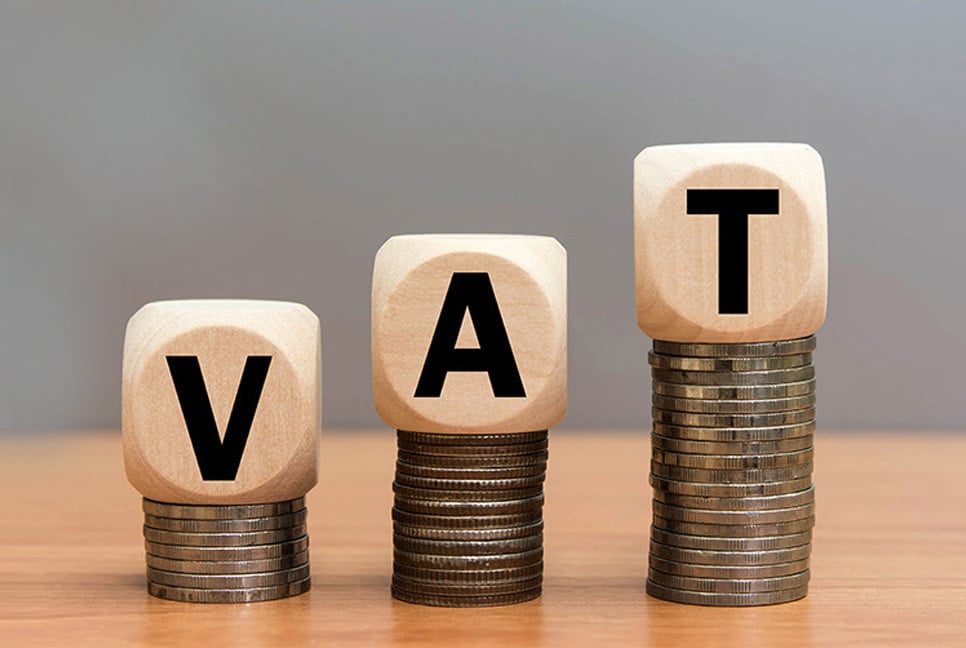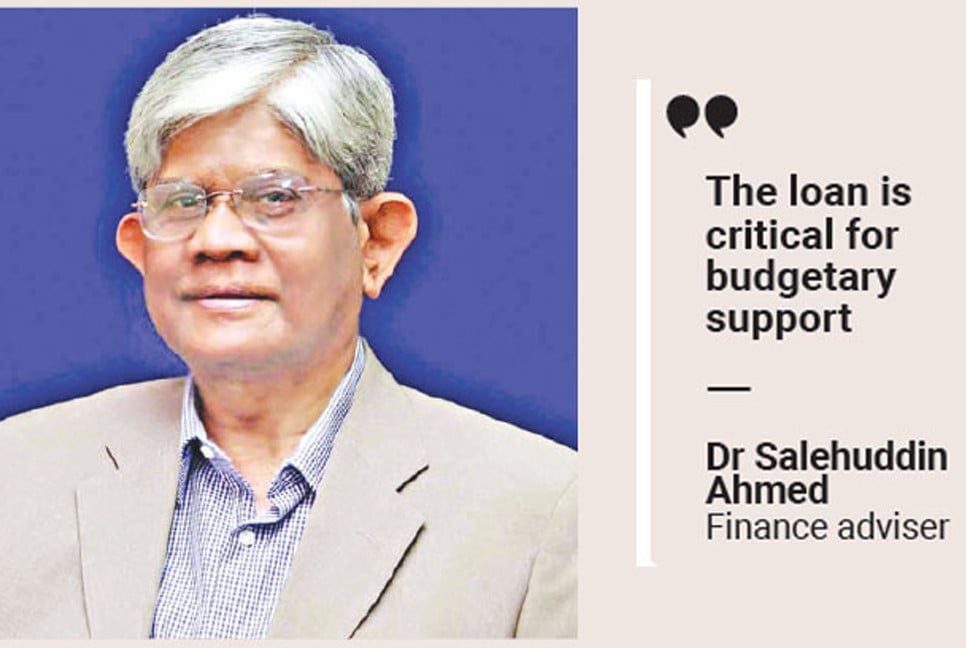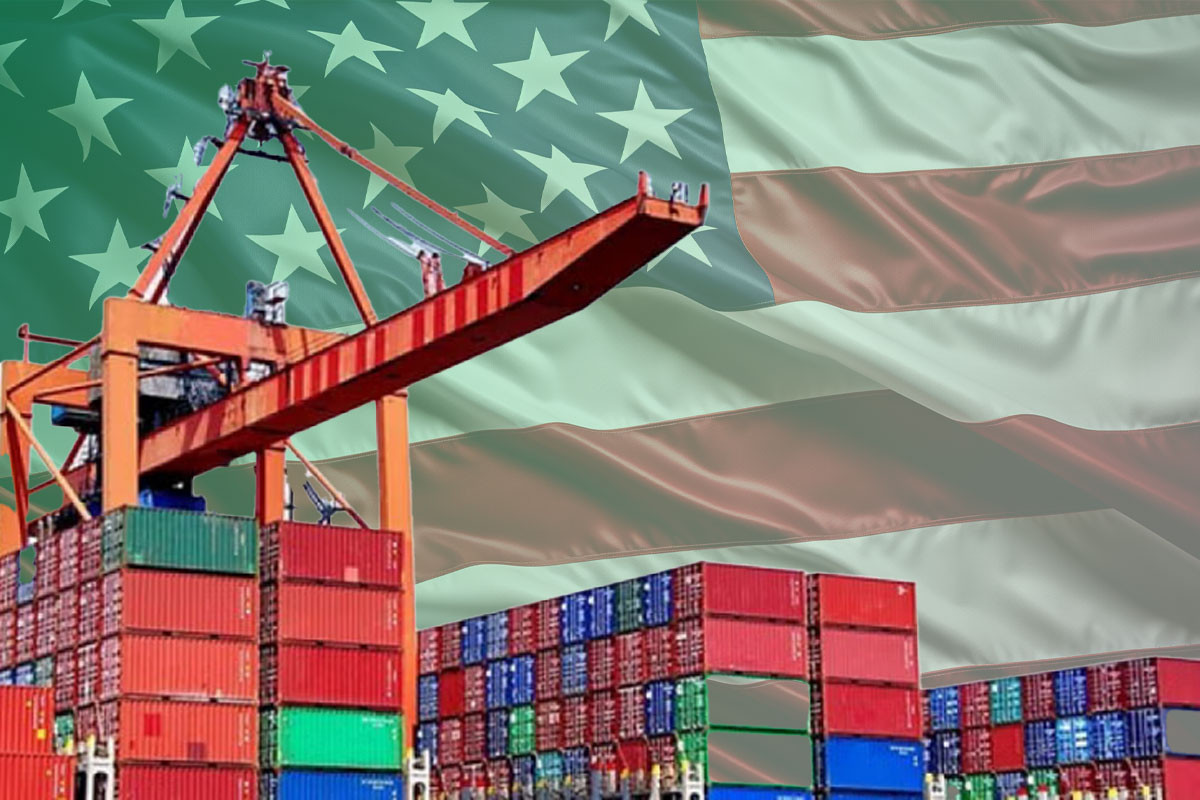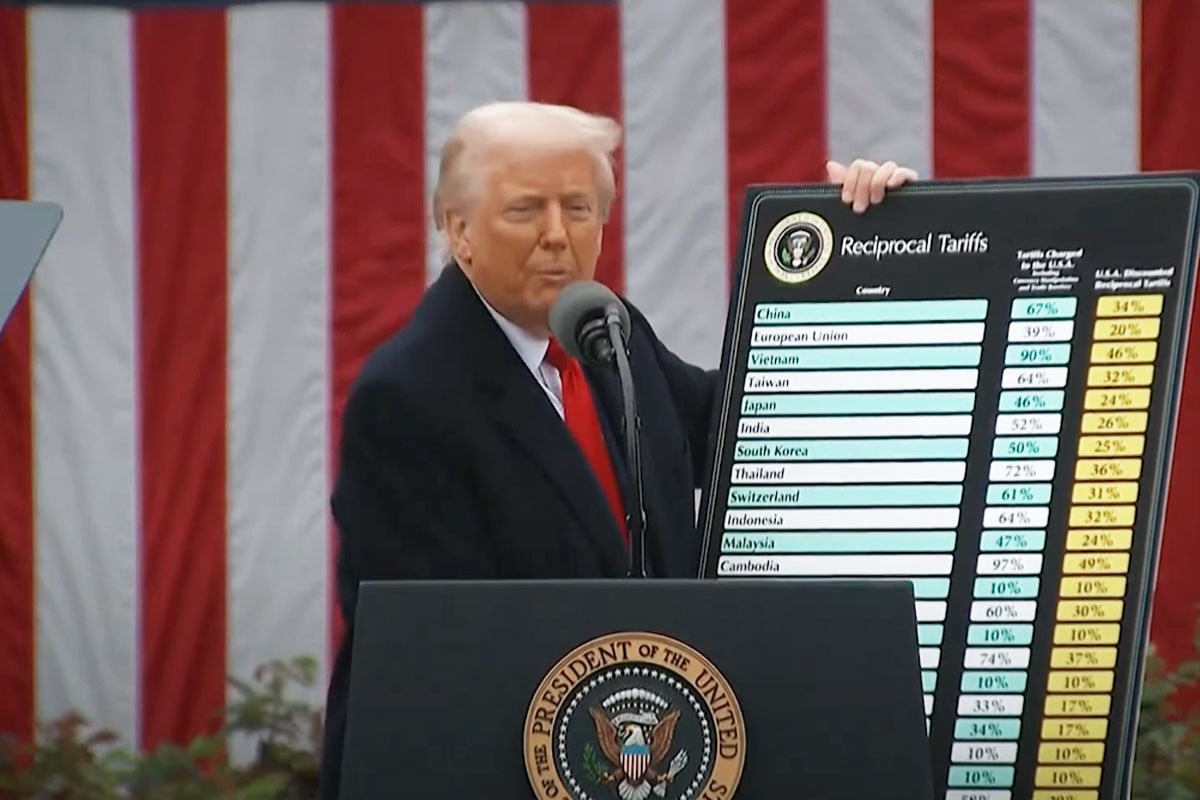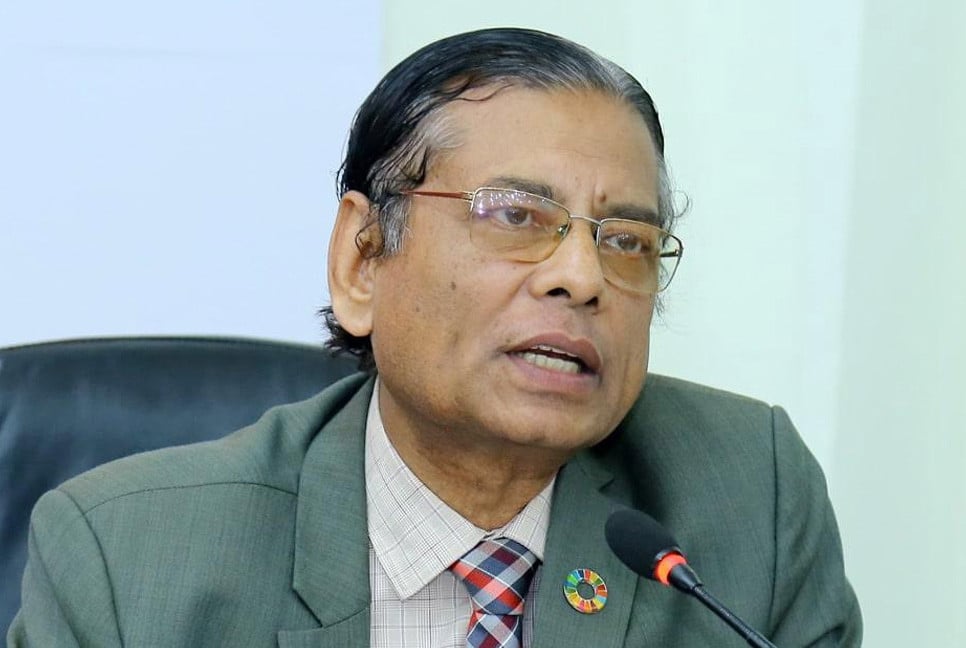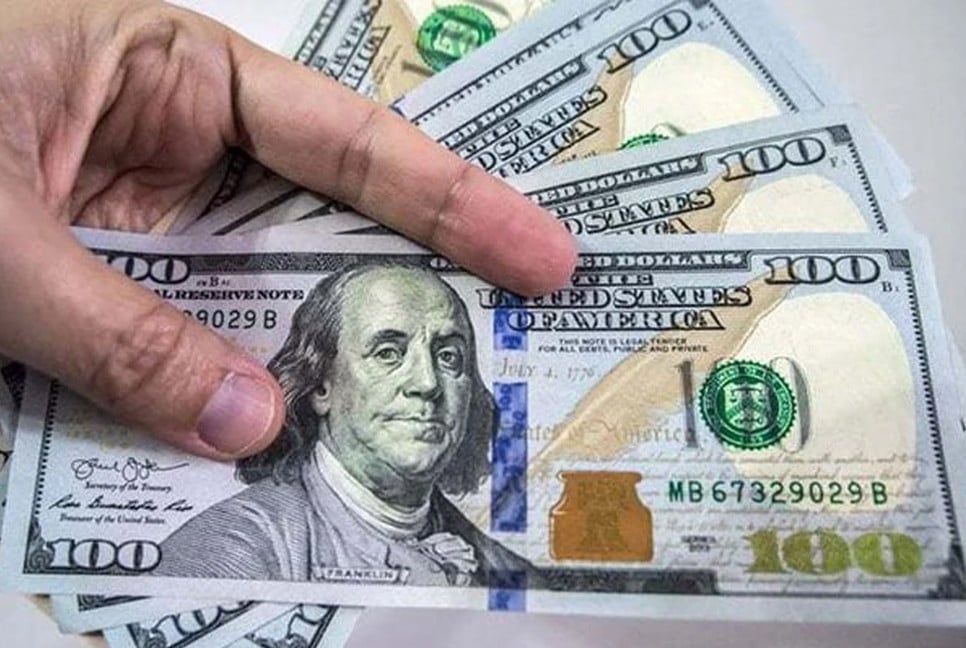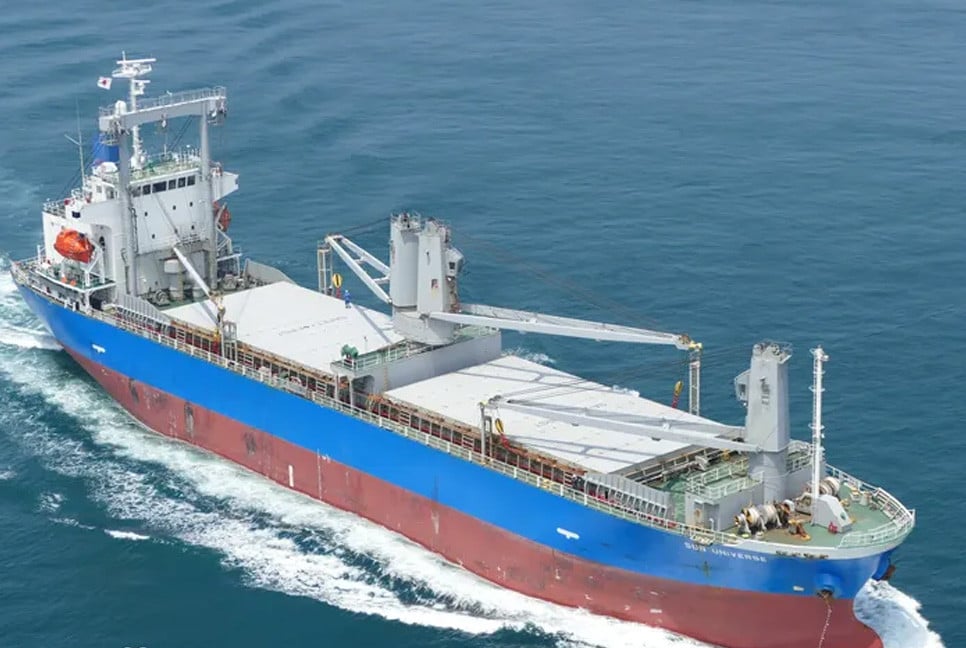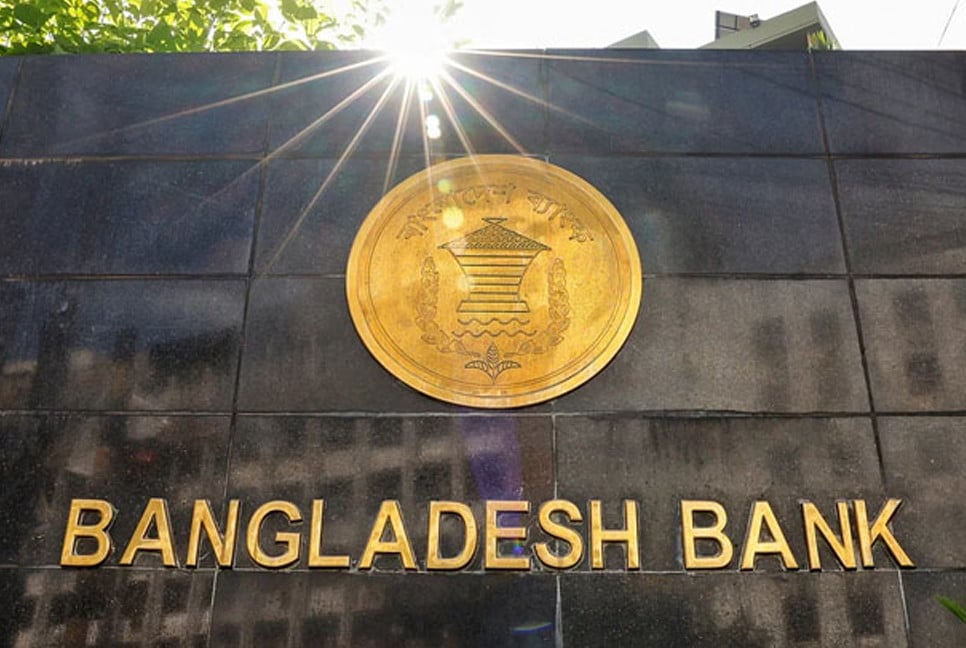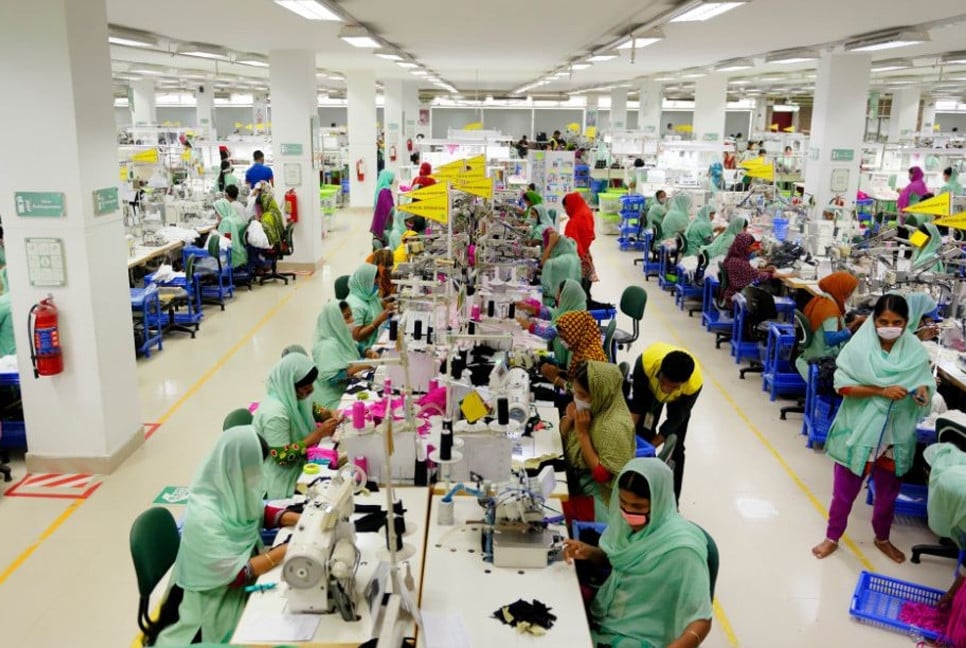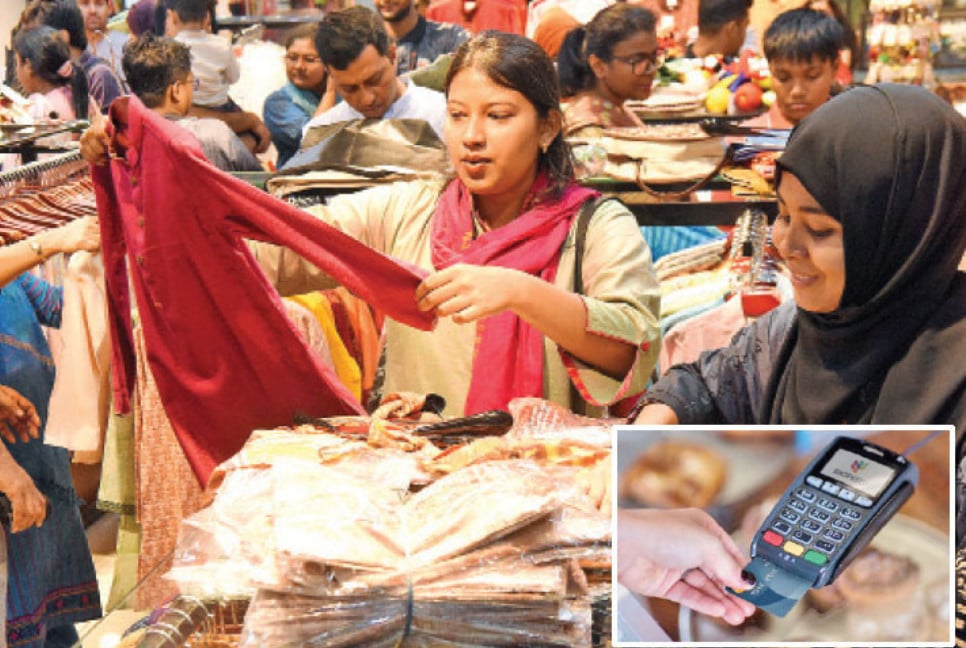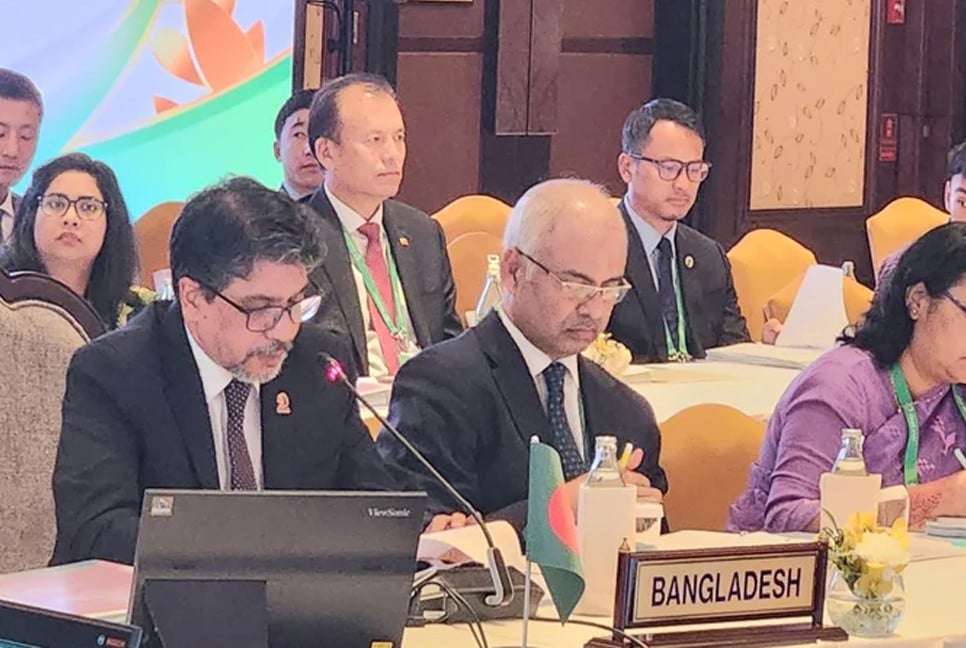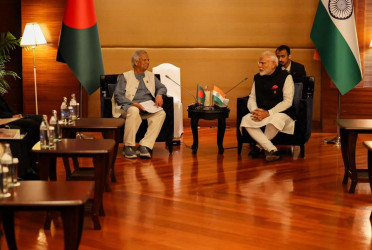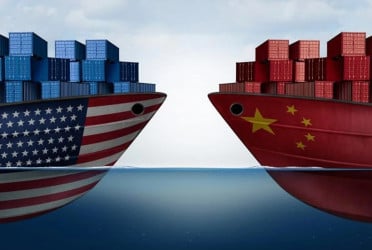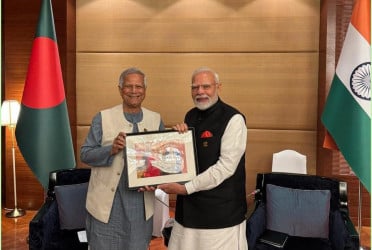The interim government’s decision to increase VAT on 65 items—including medicine, powdered milk, biscuits, juice, fruits, soap, and sweets—midway through the 2024–25 fiscal year has sparked outrage among businessmen.
Stakeholders expressed frustration over the lack of prior consultation, warning that the move will not only reduce purchasing power but also place additional strain on industries.
However, the government made the decision coming under the pressure of International Monetary Fund’s (IMF) pressure.
As part of efforts to boost revenue, the government plans to raise VAT and other taxes, including supplementary duties. The proposed Value Added Tax and Supplementary Duty (Amendment) Ordinance 2025 was approved in principle at a council meeting last Wednesday.
VAT on products and services like ready-made garments, sweets, air-conditioned restaurants, and non-AC hotels may increase to 15%. The restaurant industry is particularly worried, as VAT on food bills in air-conditioned restaurants is set to rise from 5% to 15%.
Imran Hasan, Secretary General of the Bangladesh Restaurant Owners Association, said, “Restaurant owners are deeply concerned. A threefold increase in VAT will have a devastating impact on our businesses. Along with VAT, income tax will also rise, disproportionately affecting those who comply with all regulations. It seems businesses are being pushed to the brink under IMF's directives.”
Similarly, VAT on ready-made garments may increase from 7.5% to 15%, further driving up clothing prices. The same applies to sweets, where VAT is set to double.
Azharul Haque Azad, President of the Bangladesh Fashion Entrepreneurs Association (FEAB), criticized the move, stating, “The losses incurred in July and August have not yet been recovered. Increasing VAT rates will stifle businesses further. Instead of raising rates, the National Board of Revenue (NBR) should focus on expanding VAT coverage.”
Former President of the Bangladesh Sweet Manufacturers Association, Madhab Chandra Ghosh, noted, “Decisions of this magnitude should involve prior discussions with businesses. Lowering VAT rates in the past increased compliance and collections. Higher rates discourage both producers and consumers.”
The 15% VAT hike will also impact the production of biscuits, pickles, mosquito coils, mattresses, transformers, and tissue paper. Air travel costs may increase due to proposed excise duty hikes. VAT on services like obtaining driving licenses may also rise to 15%.
Moreover, businesses with an annual turnover of Tk3 million to Tk5 million will now face turnover taxes, whereas previously, the threshold began at Tk5 million. Any business with annual sales exceeding Tk5 million will have to pay 15% VAT on goods and services.
Dr. Mustafizur Rahman, Distinguished Fellow at the Center for Policy Dialogue (CPD), remarked, “The mid-year VAT increase was forced by circumstances, but it will create significant pressure on both consumers and producers in an already high-inflation environment. While raising taxes on luxury items like alcohol and cigarettes is reasonable, increasing VAT on goods commonly used by lower-middle-income groups will intensify the burden.
“We should explore ways to increase direct tax coverage while reducing indirect taxes, which disproportionately impact all segments of society,” he added.
Courtesy: The Daily Sun
Bd-Pratidin English/ AM

